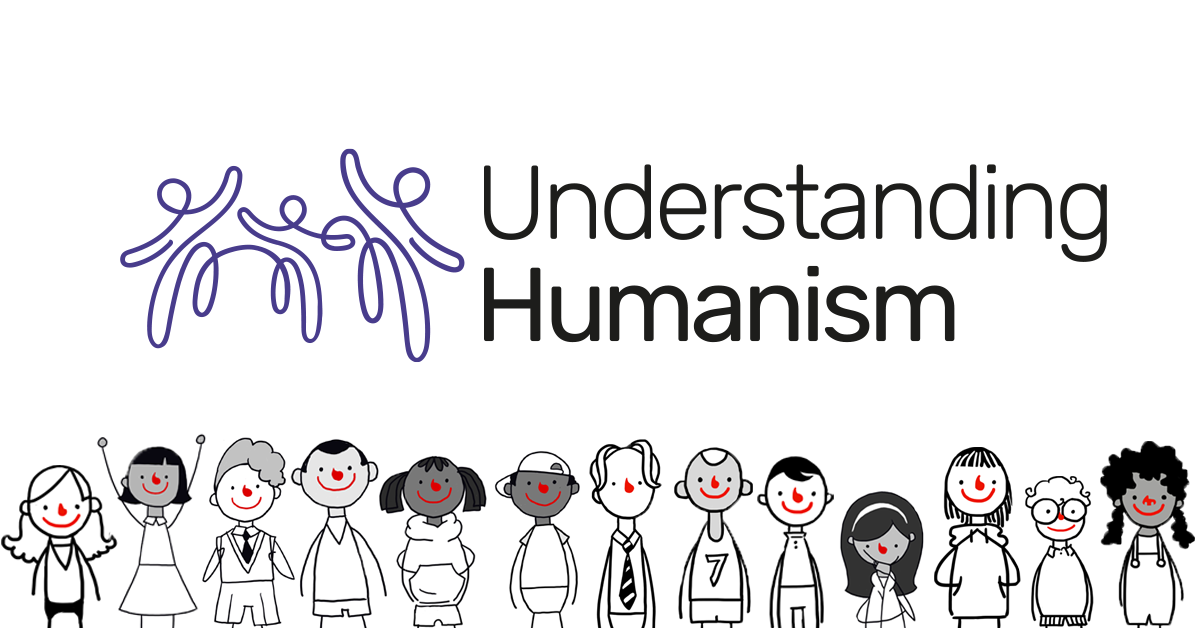
Humanists UK has teamed up with Gill Vaisey from Books at Press to create a series of new resources for students in early years. Launched today, and available to download for free on the Understanding Humanism website, these resources should plug a much needed gap in available education materials on non-religious worldviews for children aged 3 to 5.
The new resources feature Wilf, a real child, and his family who live in South Wales. Wilf’s parents are humanists and in the resources he describes their beliefs alongside his own. Topics covered include humanist perspectives on kindness, happiness, humanist naming ceremonies, where we come from, and care for the natural world.
During the development and piloting of the resources, one teacher commented:
‘To begin with I felt a bit daunted as I knew nothing about this worldview, but after playing with the resource and book at home, I felt a lot more confident. After meeting Wilf, a real boy and his family, the children in my reception cohort were completely engaged and eager for more.’
Charlotte Skinner, teacher, Undy Primary School
Created by Gill Vaisey, Religion and Worldviews Adviser at Books at Press with support from Understanding Humanism, these resources will accompany the wide range of education material for young people from 3-18 available on the Understanding Humanism website.
Understanding Humanism is Humanists UK’s education programme supporting learning about humanism in classrooms across the country. It provides resources, school speakers, and teacher training to provide teachers with the knowledge and confidence to deliver lessons about humanism as part of an inclusive education about religion and worldviews. Its resources are downloaded tens of thousands of times every year. Last week it launched a brand new animation with biologist and broadcaster Alice Roberts, illustrating the humanist approach to life that has already received thousands of views.
Gill Vaisey said:
‘Good religious education will acknowledge, reflect, and celebrate the wide range of diverse and pluralistic views that are held by people within our local communities and wider society – and this breadth of views will, of course, include religious and non-religious worldviews. These exciting, age-appropriate, and engaging new resources for exploring humanism will be invaluable for practitioners and young learners in the classroom.’
Director of Understanding Humanism Luke Donnellan commented:
‘It’s fantastic to have been able to support the development of these new free resources for children in early years. Learning about non-religious approaches to life can often be overlooked at this age and these resources should be of real value to teachers looking to be inclusive of humanism in their teaching. Many thanks to Wilf and his family for the opportunity to share their stories which will help young children to understand what it means to be a humanist today.’
Notes:
For further comment or information, media should contact Humanists UK Director of Understanding Humanism Luke Donnellan at education@humanists.uk or phone 020 7324 3070.
Find out more about our work on understandinghumanism.org.uk.
Understanding Humanism is Humanists UK’s education service. It aims to introduce young people to humanism as an example of a non-religious worldview. It provides teachers with the resources necessary to teach accurate, high-quality lessons about humanism, and assists them with the development of their own subject knowledge. The Understanding Humanism website offers information and services, including free school speakers who can work with teachers to broaden students’ understanding. Visit Understanding Humanism at understandinghumanism.org.uk.
Humanists UK is the national charity working on behalf of non-religious people. Powered by 100,000 members and supporters, we advance free thinking and promote humanism to create a tolerant society where rational thinking and kindness prevail. We provide ceremonies, pastoral care, education, and support services benefitting over a million people every year and our campaigns advance humanist thinking on ethical issues, human rights, and equal treatment for all.
